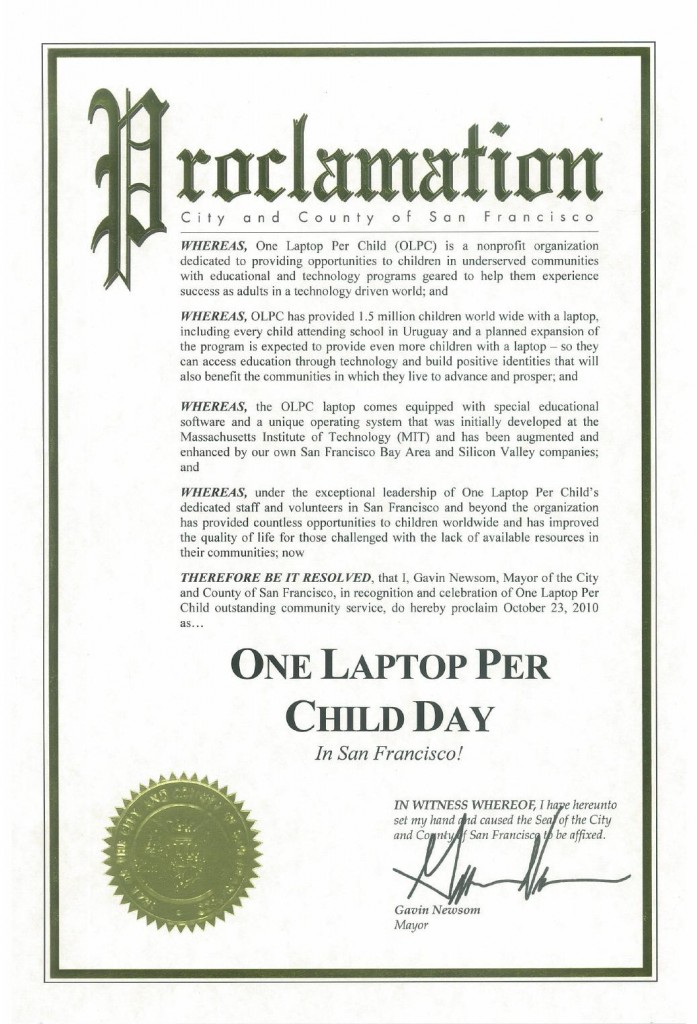Our movement continues on thin budgets and a go-getter attitude. Some of it is ego, some reputation, but a lot of it is the drive to make a difference. Every time I listen to “Imagine” (…imagine there’s no countries…) I wonder – if you erase those lines in the sand, all those problems around the world indeed become yours as well. So should the solutions. Help solve it, and things will get better for everyone. “…and the world will live as one“.
I have had the good fortune of working with a team of learning/curriculum experts at the University of the West Indies, and 115 XOs that we have acquired. We are working with other deployments to seed far greater things for OLPC in Jamaica, with our community learning portfolio at the ready. I am fortunate that my colleagues in Jamaica are go-getters, who have plugged away since 2007 to make this a reality.
Remember the Realness summit — May’s event in the US Virgin Islands, where dozens of volunteers flew in to exchange notes, talk turkey, compile failures, and build rigorous community infrastructure? In this tradition, we are hosting OLPC’s biggest ever grassroots/community summit in three weeks.
Thanks are due to our amazing set of volunteers and our hosts (and my employer), San Francisco State’s College of Business.
Community Summit 2010 will bring together over 100 community members from around the world, to share the enthusiasm of grassroots OLPC deployments on every continent (We’re still working on Antarctica. Anyone want to start a project with E-Base?), and to discuss ways to connect successful pilots to improve long-term sustainability.

Who’s coming? Take a look. Leading OLPC communities worldwide into spare parts logistics (iLoveMyXO.com), learning content (tinygames), direct Sugar/Gnome School Server applicability, highly progressive health activities, and even a peripherals/solar/energy innovation team (XOdock).
Individuals such as reactivated Daniel Drake, who literally paved the way for some of the world’s largest OLPC deployments, collecting airfare donations in $10 chunks. And Tabitha Roder, who fostered OLPC’s testing for years with the force of her personality in cafes across New Zealand.
Additionally, we have preliminary RSVP’s from Uruguay, Peru, Paraguay, Argentina, Nicaragua, Nepal, Afghanistan, Pakistan, India, Philippines, The Gambia, Rwanda, Sao Tome & Principe, France, UK, Italy, Belgium, Austria, Canada, Jamaica, Haiti, Birmingham and beyond.
Continue reading →


